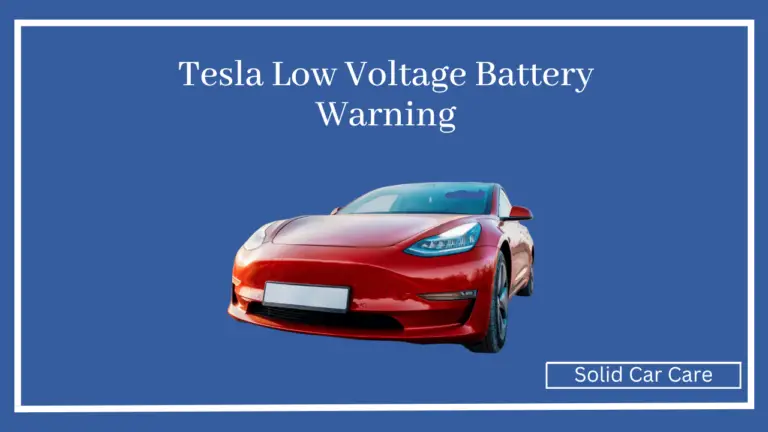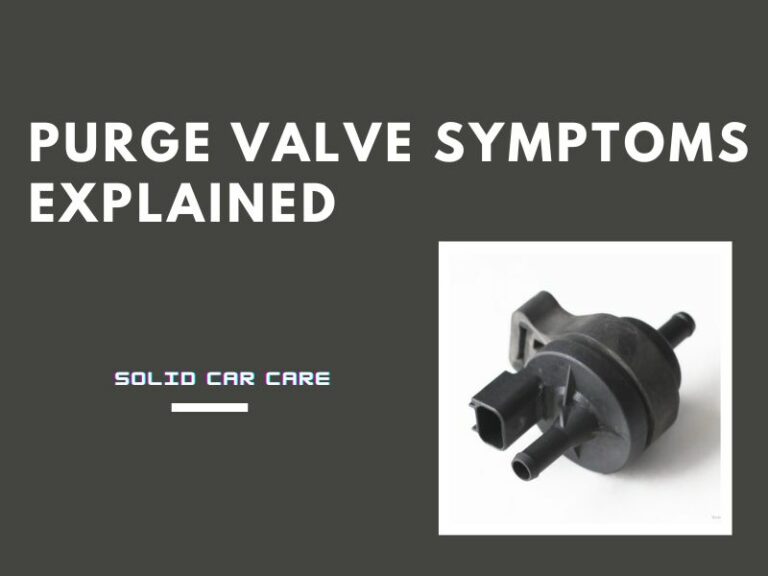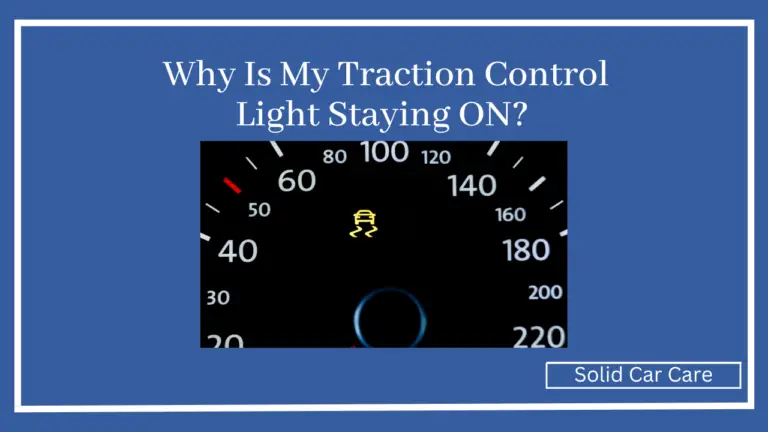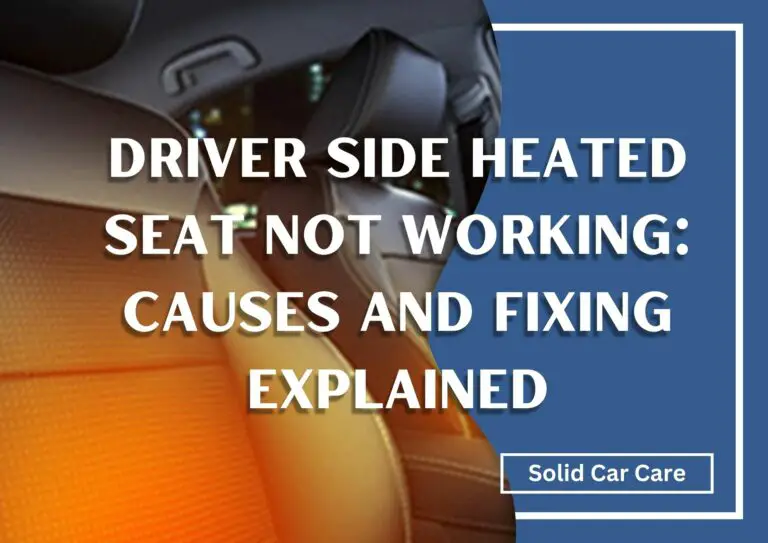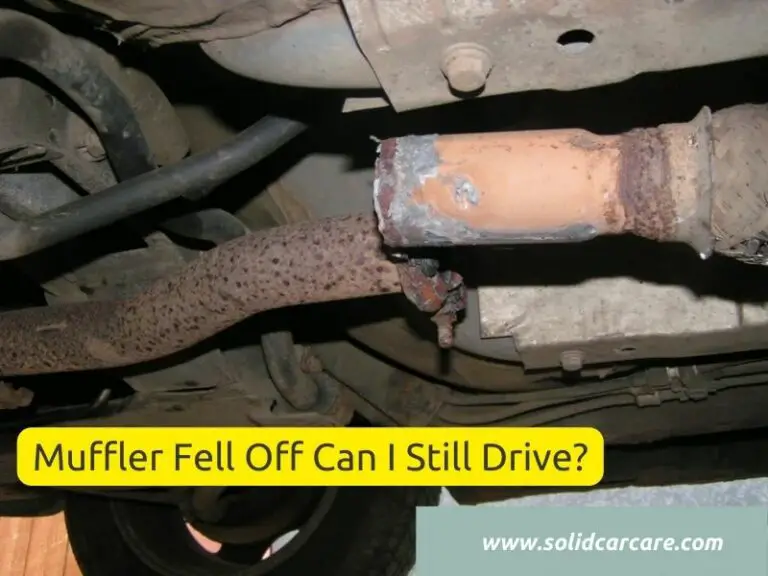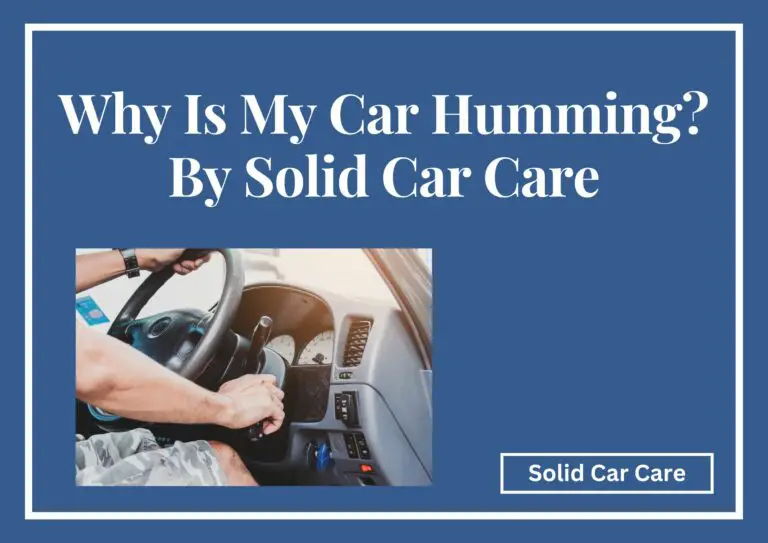Grinding Noise When Pressing Accelerator; You Must Read This.
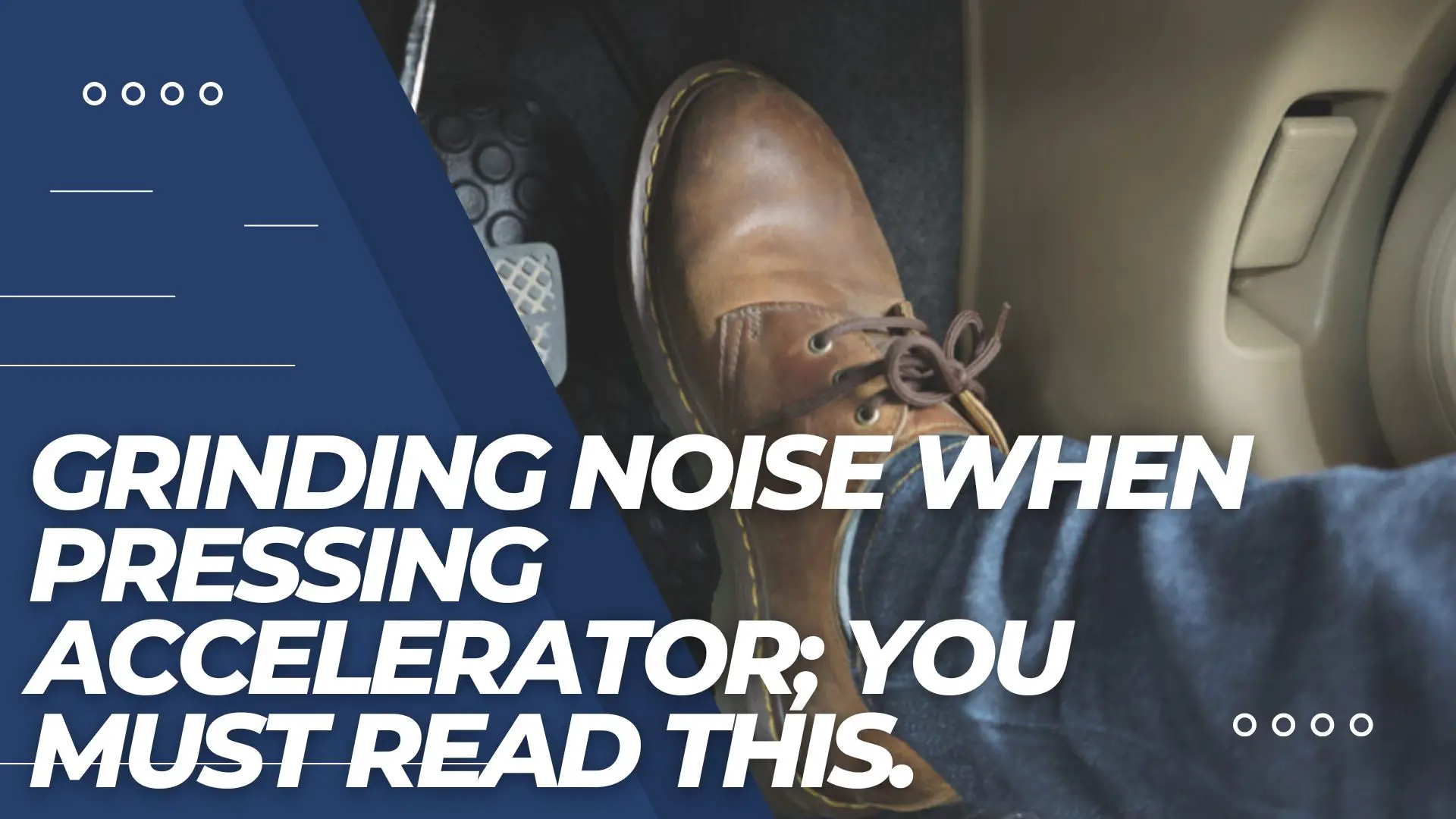
Strange noises in cars can be a cause for concern for many drivers. They can range from a strange rattling sound to a loud grinding and squealing. Such noises can be caused by a variety of things, from worn-out brake pads to faulty engine components. It’s important to identify the source of the noise quickly in order to prevent any further damage to your car and to ensure your safety while driving.
This article mainly focuses on the grinding noise (metal scraping sound) when pressing the accelerator, and here we discuss the causes, troubleshooting, fixing and the cost to fix the problem. So stick around until the end to find out what you’ve been looking for.
Table of Contents
- What causes a grinding noise when pressing the accelerator?
- Why is there a grinding noise when taking the foot off the accelerator?
- Why is my car making a whistling noise when I accelerate?
- Can You Drive With a Grinding Noise?
- Why does my car feel like it’s dragging when I accelerate?
- Finally,
What causes a grinding noise when pressing the accelerator?
A grinding noise when pressing the accelerator can be caused by several different things. It may be an indication of a worn clutch, faulty brake pads, a worn CV joint, a misaligned drive axle, or a faulty exhaust system. It is best to take your vehicle to a qualified mechanic to diagnose and repair the issue.
A worn clutch
A worn clutch can cause a grinding noise when the accelerator is pressed due to the clutch plates not engaging properly. When the accelerator is pressed, the engine turns faster, increasing the speed of the car.
However, if the clutch plates are worn, they may not be able to fully engage with each other, causing the grinding noise.
This is because the clutch plates are not able to grip each other tightly enough to transfer the power from the engine to the transmission and drive the car forward. The grinding noise is a sign that the clutch is worn and needs to be replaced.
How to fix it?
To fix this, the clutch will need to be replaced. This is a labour-intensive job and should be done by a professional mechanic.
How much does it cost?
The cost of the repair will depend on the make and model of the car, as well as the labor costs of the mechanic. Generally, a clutch replacement can cost anywhere from $500-$1000 and take around 2-4 hours to complete.
Faulty brake pads
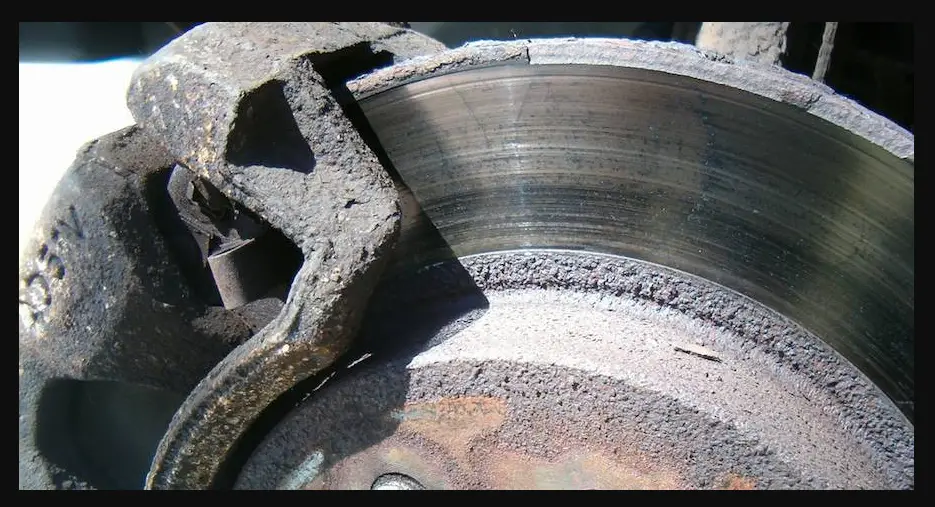
When the brake pads become worn or damaged, they can create a grinding noise when the accelerator is pressed. This noise is caused by metal on metal contact as the worn brake pads no longer have enough friction material to provide a cushion between the brake pad and the rotor. The grinding noise is an indication that the brake pads need to be replaced.
How to fix it?
If the brake pads are faulty, it is important to replace them as soon as possible.
- Begin by lifting the car up with a jack and then placing jack stands underneath the car.
- Remove the wheel to access the brake assembly.
- Loosen the bolts that hold the caliper in place and then remove the caliper.
- Carefully remove the brake pads and then use a wire brush to clean any surface rust or debris from the brake disc.
- Replace the brake pads with a new set and then re-install the caliper.
- Tighten the bolts securely and then re-install the wheel.
- Lower the car and test the brakes to make sure that they work properly.
How much does it cost?
The cost and time to fix faulty brake pads depend on the type of brake pads, the make and model of the vehicle, and the type of repair being done. Generally, the cost to replace brake pads ranges from $50 to $300, with labor costs ranging from $80 to $100.
The repair time may vary depending on the type of repair being done, but typically a brake pad replacement can take anywhere from 1 to 2 hours to complete.
Worn CV joint.
A worn CV joint can cause grinding noise in a car when the joint is unable to rotate freely and instead creates a grinding sound as the components rub together.
This is usually caused by lack of lubrication or an excessive amount of wear on the joint. The grinding noise can also be caused by the joint being misaligned, which can be due to the joint being installed incorrectly or damage to the surrounding components.
How to fix it?
- Inspect the CV joint for any visible damage or wear.
- Replace the boot or the entire CV joint if necessary.
- Clean the joint and lubricate it with the correct type of grease.
- Reinstall the CV joint or boot and torque the bolts to the correct specification.
- Replace any broken or damaged parts.
If you are not comfortable with replacing the CV joint or boot yourself, it is best to take it to a qualified mechanic to have it fixed.
How much does it cost?
The cost of replacing a worn CV joint will vary depending on the make and model of the vehicle. Generally, the cost to replace a CV joint can range from $150-$400 for parts and labour. The time it takes to replace a CV joint can range from 1-2 hours.
Manual Transmission Noise, Goes Away When Clutch Pressed; Why?
solid car care
Misaligned drive axle
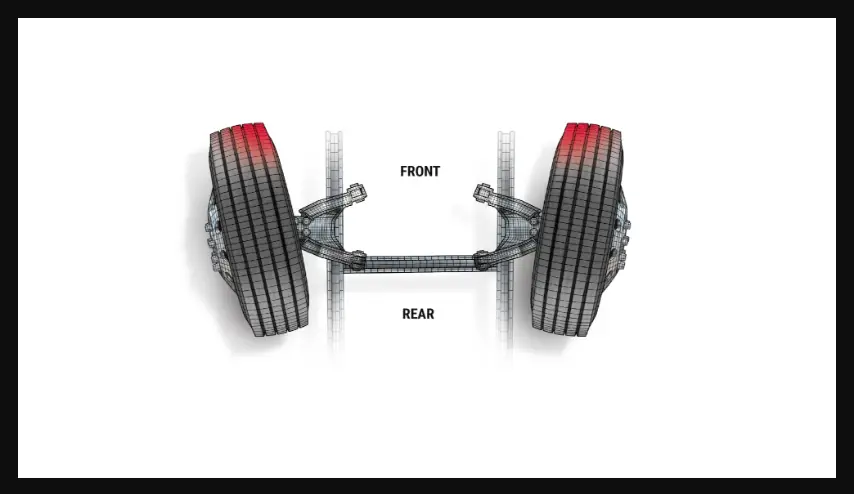
When a drive axle is misaligned, it can cause the axle to rub against other components within the drivetrain, such as the driveshaft, transmission, or differential, which can create a grinding noise.
This noise can be caused by metal-on-metal contact, as the misalignment of the axle causes it to rub against other components in the drivetrain. Additionally, the grinding noise may be caused by the axle’s CV joints, which are responsible for transferring power from the engine to the wheels, becoming worn and loose.
How to fix it?
To fix a misaligned drive axle, you will need to realign the axle by making sure that the axle is aligned with the centerline of the vehicle and that the axle is at the correct angle.
This will require jacking up the vehicle and then loosening the bolts that hold the axle in place. Once the bolts are loose, you will need to adjust the axle until it is in the desired position. Once the axle is in the correct position, you can re-tighten the bolts and check that the axle is properly aligned.
How much does it cost?
The cost and time it takes to fix a misaligned drive axle will depend on the make and model of your car, as well as the extent of the damage. A basic alignment will usually cost between $50 and $100 and can be done in about an hour.
If you need more extensive repairs, such as replacing worn-out parts or more intensive alignment, the cost may be higher and the repair time longer.
Faulty exhaust system.
A grinding noise from an exhaust system can be caused by an exhaust leak. These leaks can occur from a damaged exhaust pipe or from a loose or broken exhaust system component.
The grinding noise is the result of the exhaust gas coming into contact with the metal of the exhaust system. This can cause the metal to vibrate and create a grinding noise.
How to fix it?
To fix an exhaust system with a faulty part, the first step is to locate the part that needs to be replaced. Once the faulty part is identified, the next step is to purchase a replacement part, which can be found at an auto parts store or online.
Once the new part is obtained, the old part should be removed, and the new part can then be installed in its place. It is important to make sure to use the correct tools and techniques when replacing the faulty exhaust system part, as improper installation could cause further damage.
How much does it cost?
The cost to repair an exhaust system depends on the make, model, and year of your vehicle, as well as the type of repair needed. It could cost anywhere from a few hundred dollars to several thousand to repair the exhaust system.
Problem with the differential
If there is grinding noise coming from the differential in your car, the most likely cause is worn bearings or gears in the differential.
This can be caused by age, lack of lubrication, or too much wear and tear on the differential. You should have a mechanic inspect the differential to determine the exact cause of the noise and repair or replace any worn parts.
Why is there a grinding noise when taking the foot off the accelerator?
A grinding noise when lifting off the accelerator pedal may be due to various reasons. Worn or damaged wheel bearings, CV joints, or brakes can lead to such noises. Damaged brake components, like brake pads or rotors, can grind upon deceleration.
Additionally, worn or misaligned suspension components might contribute. To address this, start by inspecting the brake system for wear and damage. If the issue persists, examine the wheel bearings and CV joints for play or damage.
Suspension components should also be checked for wear or misalignment. Promptly consult a mechanic to diagnose and repair the problem accurately, preventing further damage and ensuring safe driving conditions.
Why is my car making a whistling noise when I accelerate?
A whistling noise during acceleration could be attributed to various factors. A common cause is a damaged or leaking vacuum hose, which could result in air escaping and causing a whistle. Alternatively, if equipped, a malfunctioning turbocharger or supercharger might generate whistling sounds due to increased airflow.
Issues with the intake system, such as a clogged air filter or a leak in the intake manifold, can also lead to whistling noises. Damaged or worn belts and pulleys might contribute, as can exhaust leaks near the engine. To pinpoint the exact source, it’s recommended to consult a mechanic.
Can You Drive With a Grinding Noise?
No, you should not continue driving with a grinding noise. It could be a sign of a serious problem with your vehicle such as a worn bearing or a problem with a transmission component.
If you continue to drive with a grinding noise, you risk further damage to your vehicle and more costly repairs. It is best to have the noise checked out by a qualified mechanic as soon as possible.
Why does my car feel like it’s dragging when I accelerate?
If your car feels like it’s dragging when you accelerate, it could indicate issues with the transmission, brakes, or a restricted exhaust system. A failing transmission might struggle to shift gears properly. Dragging brakes can cause resistance and hinder acceleration.
A clogged exhaust can restrict airflow, reducing engine power. Have a professional mechanic inspect your vehicle to diagnose and resolve the problem, ensuring safe and efficient driving.
Car Making Popping Noise When Parked; Causes And FIxing.
solid car care
Finally,
In conclusion, a grinding noise when pressing the accelerator can be caused by a variety of problems, from a worn-out transmission to a faulty exhaust system. If your vehicle is making this noise, it is important to take it to a professional for diagnosis and repair. A grinding noise when pressing the accelerator can be a sign of a serious problem that could lead to costly damage if left unchecked.

